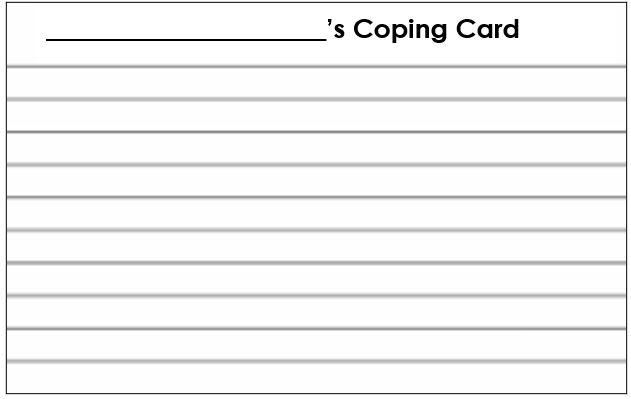Keeping Your Child Safe During Their Hospital Stay
Welcome to Children’s Wisconsin! Thank you for bringing your child to our hospital. A member of our behavioral health team has done a safety assessment.
Your team will talk with you about your plan when your child is ready to leave Children’s Wisconsin.
We are committed to your child’s mental health. We are here to help support your child on that journey. This packet includes basic information that may be helpful during your child’s hospital stay.
Goals during your child’s stay
Our goal is to provide support and a safe space while we make a plan of care. We will work with you to find the best mental health treatment center or next step. This may include being discharged to home if it is safe for your child.
Remember hospital staff are here to support you. If you feel upset or have a safety concern for yourself or others, please let staff know right away.
Staff you may meet
Your child will be assessed by a team of doctors and nurses. Other staff members that may also care for your child include:
- Behavioral Assessment Team
- Psychiatry
- Psychology
- Social Work
- Child Life
- Case Management
To keep your child safe, we take extra safeguards. A member of our team may stay with your child at all times.
Room placement and belongings
Your child will stay in a private room while in the hospital. For your child’s safety, they will have to wear hospital clothing. Your child can bring certain comfort objects to keep in their room. The items allowed include pictures, books, or a stuffed animal. Your child is not allowed to keep any medicines or sharp objects in their room. These items will be kept safe with the nursing staff.
Phones
Your child may not be allowed to keep their cell phone in their room. We understand that this can be stressful for your child. If not allowed, the phone will be given to a caregiver or placed safely with the nursing staff.
Your Child’s Role
We expect your child to:
- Read this handout.
- Answer our questions as best they can.
- Talk with the team members often. Tell us their concerns. Ask questions.
- Help make and follow through on their treatment plan.
- Be kind and polite to all team members at Children’s Wisconsin.
Coping Skills
While your child is staying at the hospital, we will talk through coping skills. Coping skills are thoughts (things you think) and behaviors (things you do) that can help you manage some situations and emotions. Using these skills can help cope with stress. Your child can use these skills anytime.
These skills can keep your child focused on their treatment. It can make going to a mental health treatment center or the next treatment steps easier. Your child will focus on 3 that they can use at home or in the hospital.
Examples of coping skills:
- Deep breathing: Slow down your breath. Breathing in for about 4 seconds. Then breathe out for 5 to 8 seconds. Breathe deeply from the stomach. Do this for 1 to 2 minutes to calm strong emotions.
- Relaxing your muscles: Tense and relax each muscle group. Tense each muscle group for 5 seconds, then relax them. Relax each muscle all the way. Notice the tension. Notice the difference when the muscles are relaxed. Do this one muscle group at a time.
- Start at the top of the head and go down to the toes.
- Start by tensing the forehead muscles.
- Next move onto the jaw.
- Then move to your shoulders and arms.
- Then move to your belly.
- Next move to the thighs.
- Then go to the calves.
- Finish with the feet.
Coping Card
Everyone has strengths and skills that help them feel better or get through a difficult moment. Coping cards are a way to remember and practice favorite ways to cope. During your stay, hospital staff will help your child create a coping card. They should list the ways they can distract themselves or help themselves calm down in hard moments. It’s important to practice them while in the hospital.
Examples of things you can put on your coping card include: watching a favorite movie, listening to music, use a fidget or stress ball, eat a snack, color or draw, write in a journal.
Have your child write some of the ways they like to cope below.




